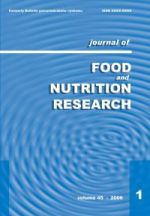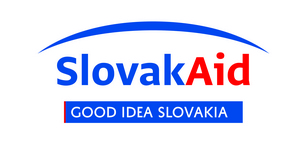Scientific journal
Journal of Food and Nutrition Research
Summary No. 4 / 2018
Liolios, V. – Tananaki, C. – Dimou, M. – Kanelis, D. – Rodopoulou, M.-A. –
Exploring the sugar profile of unifloral bee pollen using high performance liquid chromatography
Journal of Food and Nutrition Research, 57, 2018, No. 4, s. 341-350
Chrysoula Tananaki, Laboratory of Apiculture-Sericulture, Aristotle University of Thessaloniki, Aristotle Farm, 57001 Thermi, Greece. E-mail: tananaki@agro.auth.gr
Received 12 April 2018; accepted 9 May 2018; published online 7 September 2018
Summary: Sugars constitute the main component of bee pollen, a product that nowadays presents a growing interest as food supplement. The present work describes a simple, rapid and reliable high performance liquid chromatographic method to determine the composition of sugars in bee pollen. Moreover, the effect of bee pollen’s botanical origin on the sugars profile along with the significance of the nectar that bees add during bee pollen pellet’s formation were investigated. The analysis of 117 samples showed that bee pollen was characterized by a high content of glucose and fructose, constituting almost 90 % of total sugars, which in turn depends on the botanical origin of bee pollen. Fructose and glucose average contents ranged from 155.3 g·kg-1 to 334.8 g·kg-1 and from 135.9 g·kg-1 to 276.9 g·kg-1, respectively. The highest average content of total sugars was found in kiwi bee pollen (635.3 g·kg-1) and the lowest in ivy bee pollen (347.1 g·kg-1). Furthermore, comparative sugars content analysis of Sisimbrium irio unifloral bee pollen, collected in different seasons, showed that the added nectar during bee pollen packaging influenced considerably the sugars content. Results of this study may help to consider sugars as an additional parameter in an effort to establish quality standards for bee pollen.
Keywords: unifloral bee pollen; dietary supplement; sugars; botanical origin; seasonal variation
Download:
(pdf, 386.84 Kb, 851x)









